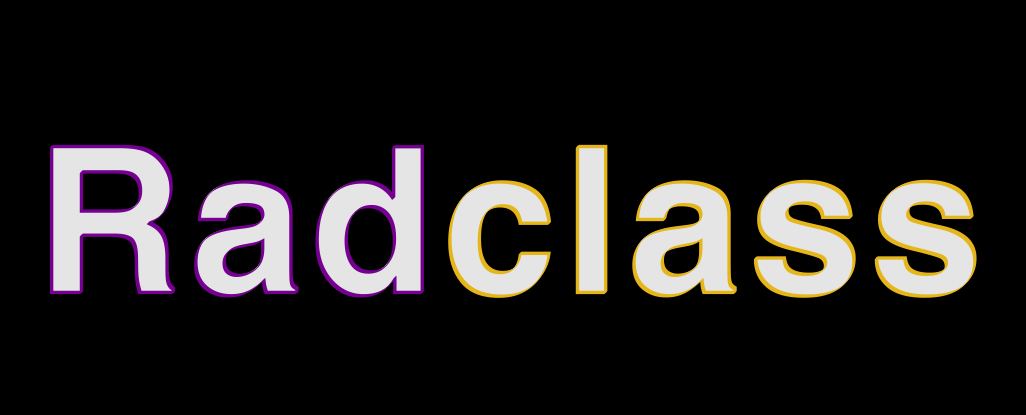Tools of Diplomacy
The United States plays a critical role in establishing and maintaining international order in an increasingly globalized world. The range of foreign policy issues that require its attention or involvement is vast. From conflicts in Afghanistan, Nigeria, and Syria to tensions with Iran and North Korea; from long-standing alliances with European and Asian powers to complex, evolving relationships with Brazil, China, India, Russia, and South Africa; from the stability of global finance to the promotion of economic opportunity in low-income countries; from climate to health to nuclear proliferation to terrorism, the United States has a vested interest in myriad world affairs. Furthermore, issues such as immigration, trade, cybersecurity, climate change, and global health underscore the fading distinction between domestic and international matters.
U.S. leaders use a range of tools to pursue a foreign policy that they believe will protect national security and achieve U.S. goals. These tools include
Foreign policy successes and failures are often associated with decisions made by presidents. Less explored is the decision-making apparatus that helps the president make those critical choices and coordinate their implementation. This guide will help you understand the system through which the United States creates and implements its foreign policy.
U.S. leaders use a range of tools to pursue a foreign policy that they believe will protect national security and achieve U.S. goals. These tools include
- diplomatic tools, such as bilateral (2 countries) or multilateral (multiple countries) consultations and negotiations, treaties, defense and security agreements, resolutions in global and regional bodies such as the United Nations, and public diplomacy to promote U.S. views and culture;
- economic tools, such as trade and investment agreements; tariffs; sanctions; embargoes and boycotts; bilateral and multilateral development assistance; loans for the purchase of U.S. exports; and sales of arms, equipment, and technology;
- military tools, such as missile strikes by manned or unmanned vehicles, nuclear deterrence, ground force deployments, ship and submarine patrols, blockades, unilateral or partnered military exercises, foreign military training, and special operations forces;
- unconventional tools, which are actions, sometimes secret, taken by the U.S. government and its proxies, such as training and assisting foreign intelligence services, supporting armed nonstate actors, private security contracting, and cyberwarfare.
Foreign policy successes and failures are often associated with decisions made by presidents. Less explored is the decision-making apparatus that helps the president make those critical choices and coordinate their implementation. This guide will help you understand the system through which the United States creates and implements its foreign policy.
|
|
|
|
|
|
|
|
|
